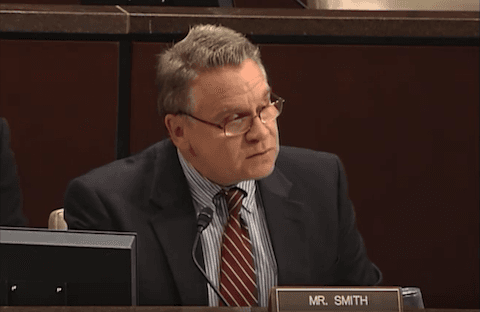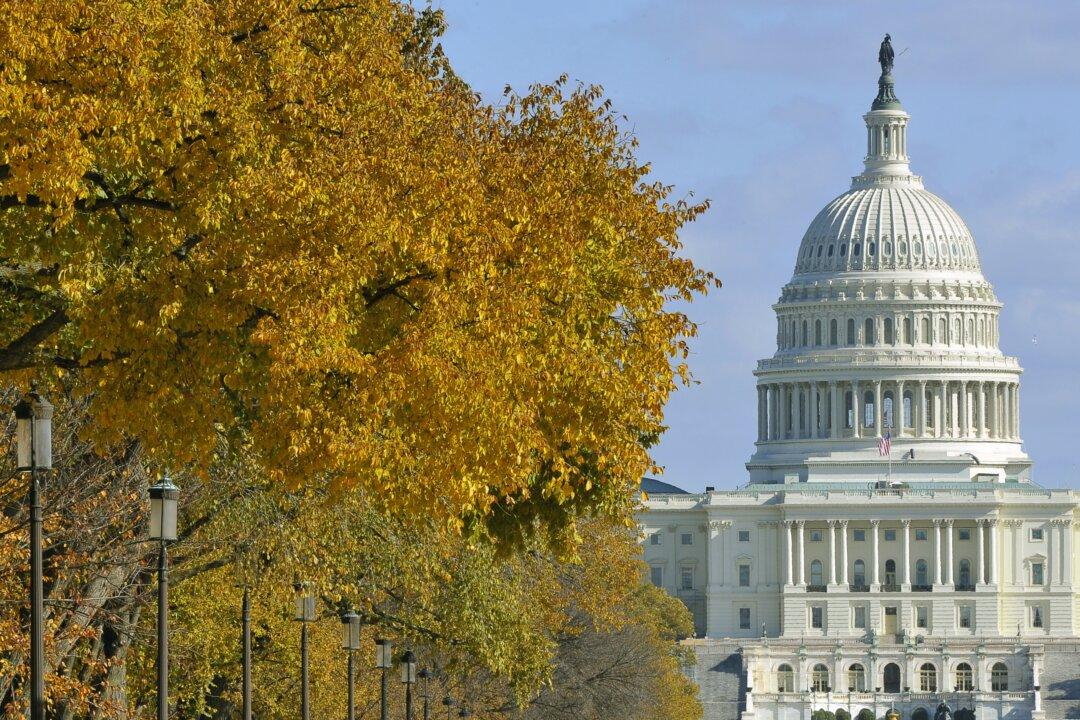As Washington prepares to roll out the red carpet next week for Chinese Communist Party chief Xi Jinping’s first state visit to the United States, prominent Chinese dissidents, rights activists, and journalists gathered in Congress to present testimony on China’s dismal human rights record.
On the agenda for discussion was the mass crackdown of rights defense lawyers, repression of Internet freedom, and the persecution of Uyghurs, Tibetans, and religious groups. The issue of organ harvesting of Falun Gong prisoners of conscience was also prominently raised, the first time it has been placed on the human rights agenda by Congress before the visit of a Chinese leader.
U.S. Representative Chris Smith, the Chairman of the Congressional-Executive Commission on China, said in his opening statement to a session on Sept. 18 that Xi Jinping is visiting the U.S. at a period where the communist regime “is staging an extraordinary assault on the rule of law, human rights, and civil society.” Smith earlier cited as the examples the July arrest of Wang Yu, a noted rights lawyer who defended Uyghur dissident Ilham Tohti and many others.





